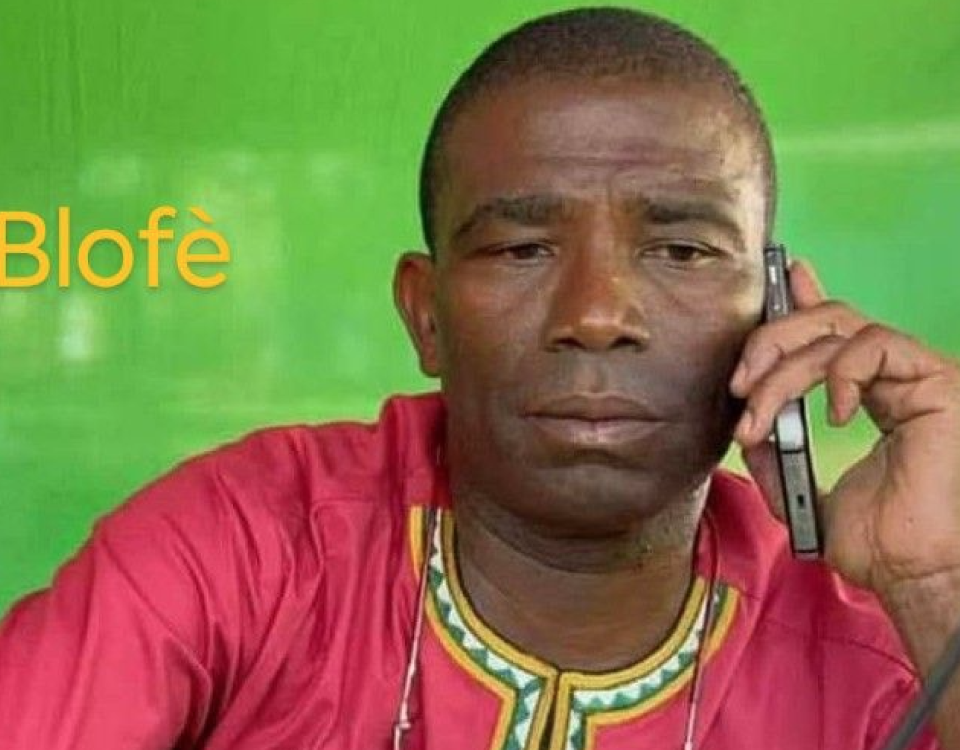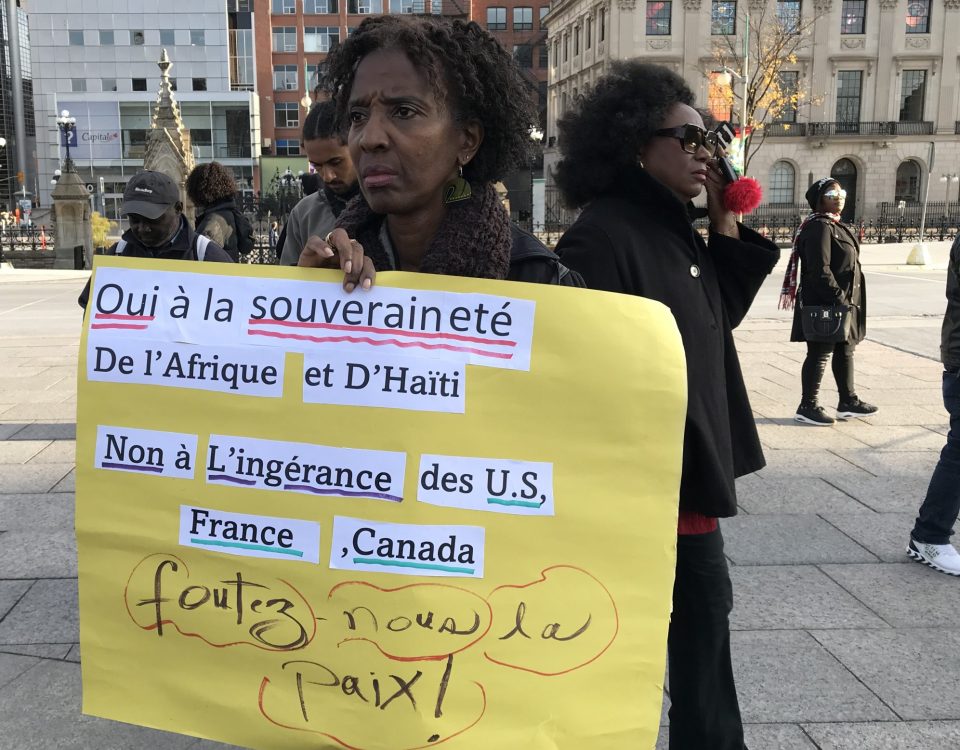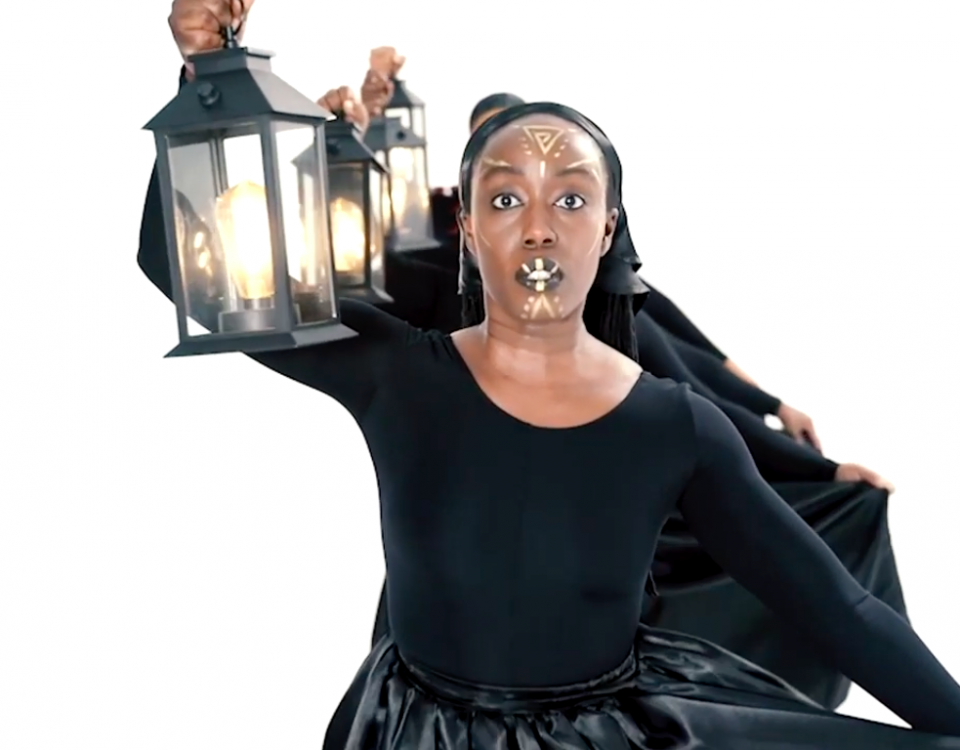- Depi nan Ginen bon Nèg ap ede Nèg!
- jafrikayiti@gmail.com
Martin Luther King and the Man on the Road to Cite Soleil, Haiti

Se pa yon Ibrahim Traore Ayiti bezwen…
May 25, 2025
Atansyon Gwo Moso, Ayiti Se Kinan Ayisyen
September 15, 2025Martin Luther King and the Man on the Road to Cite Soleil, Haiti
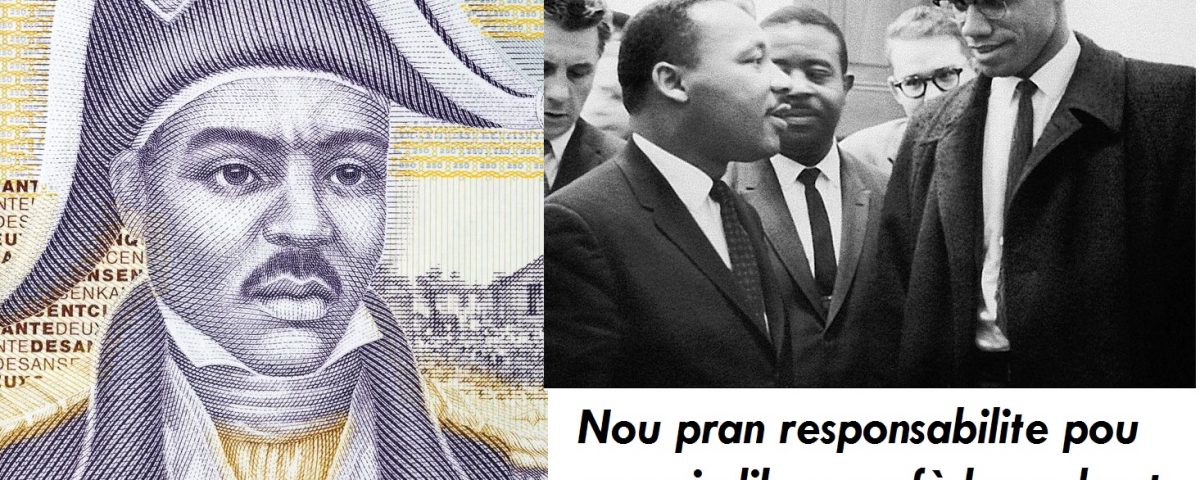
The cry is always the same “we want to be free”.
«The masses of people are rising up. And wherever they are assembled today, whether they are in Johannesburg, South Africa; Nairobi, Kenya: Accra, Ghana; New York City; Atlanta, Georgia; Jackson, Mississippi; or Memphis, Tennessee–the cry is always the same–“We want to be free”». Dr. Martin Luther King Jr.
As it has become fashionable for the criminals who assassinated Martin Luther King as well as a host of African leaders in America during the sixties to be in front row of celebrations pertaining to honour the good pastor, I find it important today to highlight a few inspiring statements made by Dr. King while he was still alive.
Brother Martin Luther King was not killed because of his dream but because of his actions. May his words and actions continue to inspire us today.
«We have waited for more than 340 years for our constitutional and God-given rights Perhaps it is easy for those who have never felt the stinging dark of segregation to say, “Wait.” But when you have seen vicious mobs lynch your mothers and fathers at will and drown your sisters and brothers at whim; when you have seen hate-filled policemen curse, kick and even kill your black brothers and sisters; when you see the vast majority of your twenty million Negro brothers smothering in an airtight cage of poverty in the midst of an affluent society… T I hope, sirs, you can understand our legitimate and unavoidable impatience.» Dr. King in LETTER FROM BIRMINGHAM JAIL, April 16, 1963
The day before the U.S. Government murdered him, Dr. King spoke up to denounce a number of hypocrites within good old “Christianity”.
«It’s alright to talk about “long white robes over yonder,” in all of its symbolism. But ultimately people want some suits and dresses and shoes to wear down here. It’s alright to talk about “streets flowing with milk and honey,” but God has commanded us to be concerned about the slums down here, and his children who can’t eat three square meals a day. It’s alright to talk about the new Jerusalem, but one day, God’s preacher must talk about the New York, the new Atlanta, the new Philadelphia, the new Los Angeles, the new Memphis, Tennessee. This is what we have to do.
And I see God working in this period of the twentieth century in a way that men, in some strange way, are responding–something is happening in our world. The masses of people are rising up. And wherever they are assembled today, whether they are in Johannesburg, South Africa; Nairobi, Kenya: Accra, Ghana; New York City; Atlanta, Georgia; Jackson, Mississippi; or Memphis, Tennessee–the cry is always the same–“We want to be free.”»
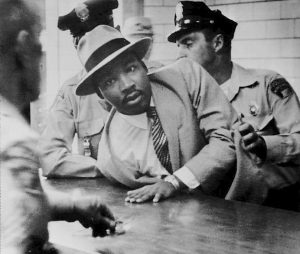
A man of peace until the end, he admonished us all to always choose life over death…
«It is no longer a choice between violence and nonviolence in this world; it’s nonviolence or nonexistence.»
He also spoke to the Africans in America about their responsibility to FIGHT THE POWER WHERE IT COUNTS:
«Now the other thing we’ll have to do is this: Always anchor our external direct action with the power of economic withdrawal. Now, we are poor people, individually, we are poor when you compare us with white society in America. We are poor. Never stop and forget that collectively, that means all of us together, collectively we are richer than all the nation in the world, with the exception of nine. Did you ever think about that? After you leave the United States, Soviet Russia, Great Britain, West Germany, France, and I could name the others, the Negro collectively is richer than most nations of the world. We have an annual income of more than thirty billion dollars a year, which is more than all of the exports of the United States, and more than the national budget of Canada. Did you know that? That’s power right there, if we know how to pool it.
We don’t have to argue with anybody. We don’t have to curse and go around acting bad with our words. We don’t need any bricks and bottles, we don’t need any Molotov cocktails, we just need to go around to these stores, and to these massive industries in our country, and say, “God sent us by here, to say to you that you’re not treating his children right. And we’ve come by here to ask you to make the first item on your agenda–fair treatment, where God’s children are concerned. Now, if you are not prepared to do that, we do have an agenda that we must follow. And our agenda calls for withdrawing economic support from you. And so, as a result of this, we are asking you tonight, to go out and tell your neighbors not to buy Coca-Cola in Memphis.
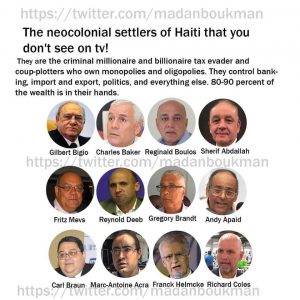
Go by and tell them not to buy Sealtest milk. Tell them not to buy–what is
the other bread?–Wonder Bread…»
Reading the above, I wonder what it will take for Haitians to heed Dr. King’s call? Whose rice, whose cooking oil, whose tomato paste are our people consuming in Apartheid Haiti today? Whose three piece suit, whose perfume, whose money transfer company are we using? What does Dr. King’s “economic withdrawal” mean to us today, in Haiti, in Canada, in the U.S., in South-Africa…in 2023?
***
Dr. King, on the eve of his assassination by the government of Amerikkka, wrote:
«But not only that, we’ve got to strengthen black institutions. I call upon you to take you money out of the banks downtown and deposit you money in Tri-State Bank–we want a “bank-in” movement in Memphis. So go by the savings and loan association. I’m not asking you something that we don’t do ourselves at SCLC. Judge Hooks and others will tell you that we have an account here in the savings and loan association from the Southern Christian Leadership Conference. We’re just telling you to follow what we’re doing. Put your money there. You have six or seven black insurance companies in Memphis. Take out your insurance there. We want to have an “insurance-in.”».
But, it also seems to me that Dr. Martin Luther King had the ability to see into the future, as he wrote… about the man on the road to…
«Let us develop a kind of dangerous unselfishness. One day a man came to Jesus; and he wanted to raise some questions about some vital matters in life. At points, he wanted to trick Jesus, and show him that he knew a little more than Jesus knew, and through this, throw him off base. Now that question could have easily ended up in a philosophical and theological debate.
But Jesus immediately pulled that question from mid-air, and placed it on a dangerous curve between Jerusalem and Jericho. And he talked about a certain man, who fell among thieves. You remember that a Levite and a priest passed by on the other side. They didn’t stop to help him. And finally a man of another race came by. He got down from his beast, decided not to be compassionate by proxy. But with him, administered first aid, and helped the man in need. Jesus ended up saying, this was the good man, because he had the capacity to project the “I” into the “thou,” and to be concerned about his brother. Now you know, we use our imagination a great deal to try to determine why the priest and the Levite didn’t stop. At times we say they were busy going to church meetings–an ecclesiastical gathering–and they had to get on down to Jerusalem so they wouldn’t be late for their meeting. At other times we would speculate that there was a religious law that “One who was engaged in religious ceremonials was not to touch a human body twenty-four hours before the ceremony.” And every now and then we begin to wonder whether maybe they were not going down to Jerusalem, or down to Jericho, rather to organize a “Jericho Road Improvement Association.” That’s a possibility. Maybe they felt that it was better to deal with the problem from the casual root, rather than to get bogged down with an individual effort.
But I’m going to tell you what my imagination tells me. It’s possible that these men were afraid.
You see, the Jericho road is a dangerous road. I remember when Mrs. King and I were first in Jerusalem. We rented a car and drove from Jerusalem down to Jericho. And as soon as we got on that road, I said to my wife, “I can see why Jesus used this as a setting for his parable.” It’s a winding, meandering road. It’s really conducive for ambushing. You start out in Jerusalem, which is about 1200 miles, or rather 1200 feet above sea level. And by the time you get down to Jericho, fifteen or twenty minutes later, you’re about 2200 feet below sea level. That’s a dangerous road. In the day of Jesus it came to be known as the “Bloody Pass.” And you know, it’s possible that the priest and the Levite looked over that man on the ground and wondered if the robbers were still around. Or it’s possible that they felt that the man on the ground was merely faking. And he was acting like he had been robbed and hurt, in order to seize them over there, lure them there for quick and easy seizure. And so the first question that the Levite asked was, “If I stop to help this man, what will happen to me?” But then the Good Samaritan came by. And he reversed the question: “If I do not stop to help this man, what will happen to him?”»
***
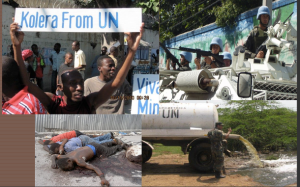
Cité Soleil indeed ! This man of whom he speaks is, in 2007, in 2023 …is my and your brother in Cité Soleil, Haiti. Has it not become too dangerous for me to get off my beast and go and assist him, on that most dangerous road….where he has been left to die, a sure death – isolated, demonized, chimerized? While my brother awakes to the roar of the MINUSTAH helicopters dropping bullets at 3 in the morning on his abode, who gets off their beast to help him and his 2 year old baby escape the death sentence pronounced against them in absentia within the walls of Hotel Montana – where the “good people meet” to hold court at night?
WE MUST KILL THE BANDITS! Such is the resolution of he high priests and the pharisees have all nodded in agreement. Dr. King invites the rest of us to ask and answer the question: If I do not stop to help this man, what will happen to him? Indeed, Dr. King wrote…
«That’s the question before you tonight. Not, “If I stop to help the sanitation workers, what will happen to all of the hours that I usually spend in my office every day and every week as a pastor?” The question is not, “If I stop to help this man in need, what will happen to me?” “If I do no stop to help the sanitation workers, what will happen to them?” That’s the question».
The day before he was assassinated by the Government of the United States of Amerikkka, brother Martin Luther King wrote:
«And some began to say that threats, or talk about the threats that were out. What would happen to me from some of our sick white brothers? Well, I don’t know what will happen now. We’ve got some difficult days ahead. But it doesn’t matter with me now. Because I’ve been to the mountaintop. And I don’t mind. Like anybody, I would like to live a long life. Longevity has its place. But I’m not concerned about that now. I just want to do God’s will. And He’s allowed me to go up to the mountain. And I’ve looked over. And I’ve seen the promised land. I may not get there with you. But I want you to know tonight, that we, as a people will get to the promised land. And I’m happy, tonight. I’m not worried about anything. I’m not fearing any man. Mine eyes have seen the glory of the coming of the Lord.»
So, on this January 15, 2023, I reiterate a special word of gratitude to brother Stevie Wonder and all the brothers and sisters who stood up for years along side Mrs. King struggling to force the hypocrites within the Government of the United States of America to set aside a day of remembrance in honour of our noble King.
A special word of thanks to all those who are still struggling today not to allow the hypocrites to ursurp the messages of the King, and reduce them to a mere “dream”. We’re done dreaming. Now we, the displaced sons and daughters of Africa, demand to have ours on EARTH – And we will see to it that we do !
Ayibobo !
Jafrikayiti
«Depi nan Ginen bon nèg ak nègès ap kore youn lòt!»
(Brotherhood/sisterhood is as ancient as Mother Africa)

